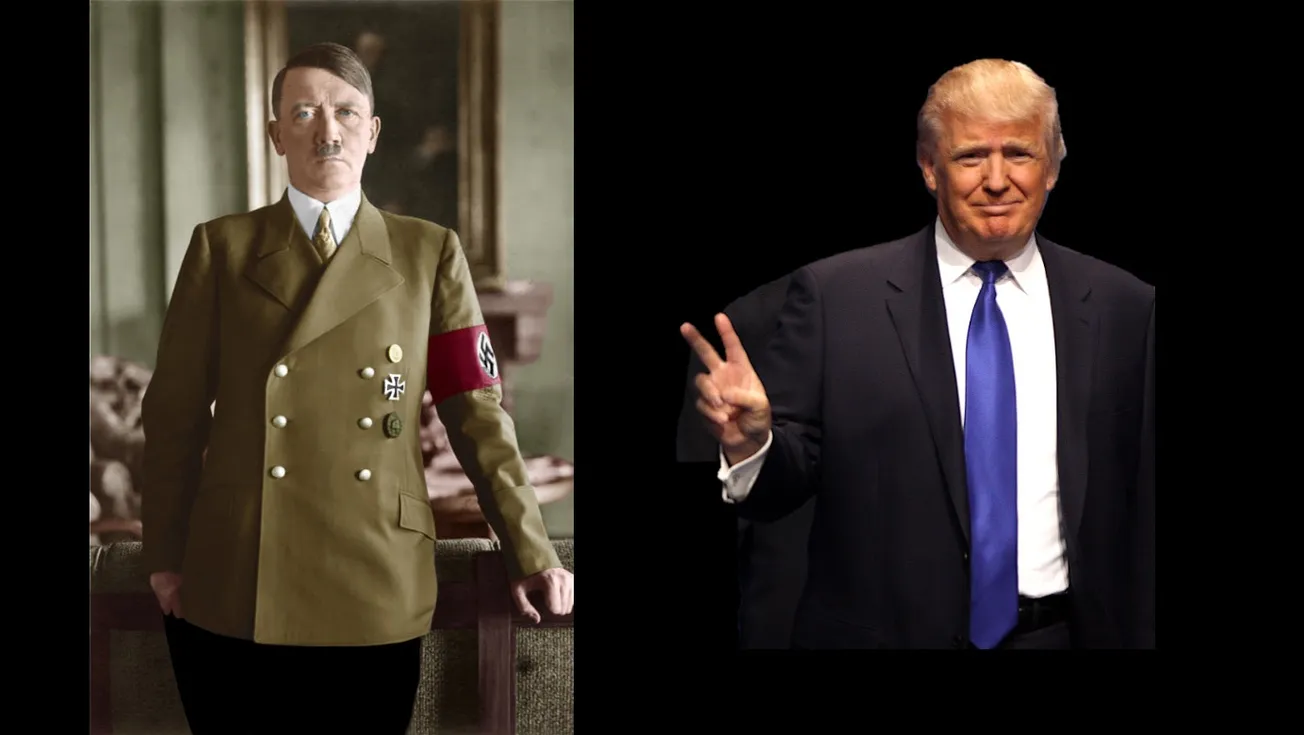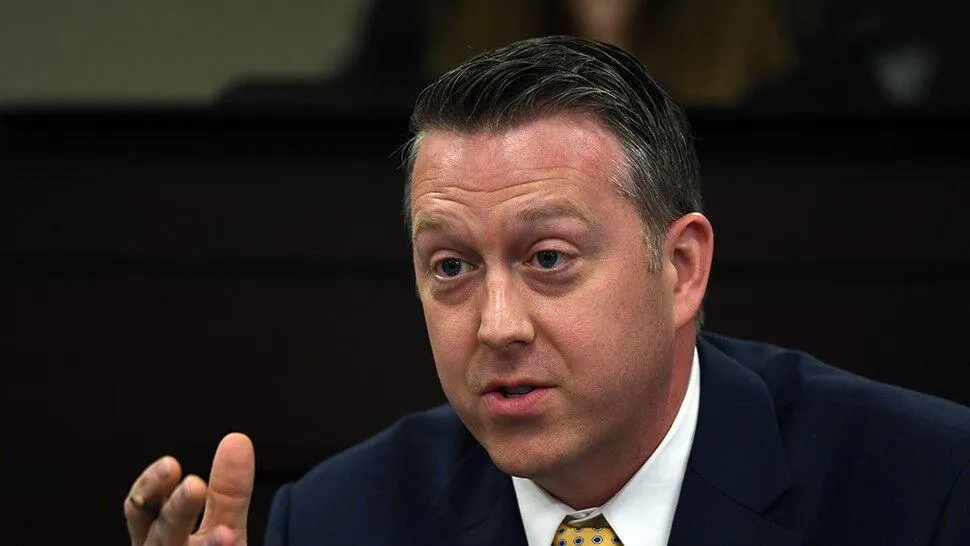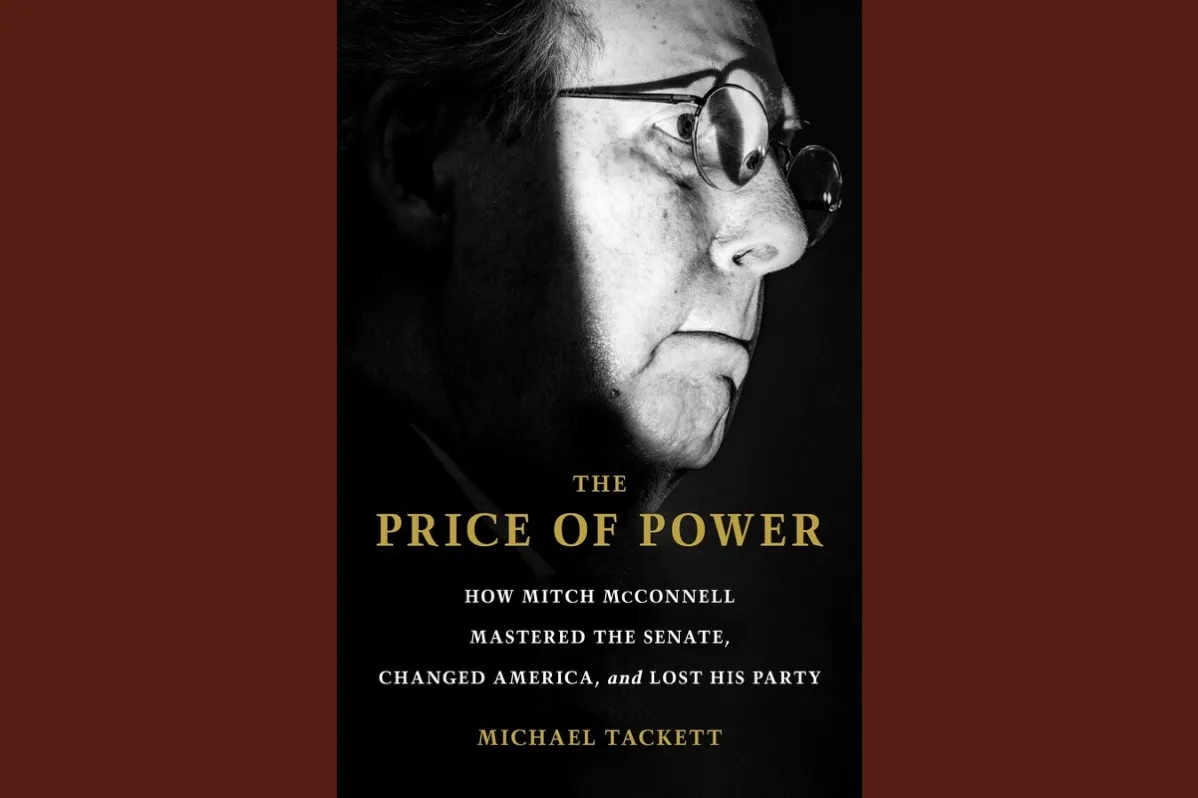The midterms weren't a red wave or a blue wave, Sara Guillermo wrote in The Hill.
She said the results “should be categorized as a ‘youth wave,’ with near-historic numbers of young people turning out to vote, motivated not by party, but by the issues impacting them.”
Overwhelmingly, most young people saw Democrats siding with them on those issues. They voted accordingly.
“This ‘youth wave’ isn’t an anomaly,” she added. “In fact, we know it is not, because 2018 and 2020 saw similarly impressive turnout rates for young people.”
The youth vote wasn’t “a significantly larger share of the electorate ... in Pennsylvania or elsewhere,” wrote Isabella Murray of ABC News. But it “did skew more Democratic than past cycles – helping defy historic patterns and widespread predictions that the GOP would sweep back to power.”
She quoted Alan Zhang, Harvard Public Opinion Project student chair: “Young voters cancel out every single vote of those over 65. Under 30 and under 40 were the only age group to go to the Democrats, and they went overwhelmingly to the Democrats. Without the youth vote, there was no firewall that stopped the red wave from taking over.”
John Della Volpe wrote in the New York Times, “Stressed and sickened by thoughts of their rights and democracy slipping away, young Americans across gender, racial, geographic, and education lines banded together last week to help save the Democrats from what many foresaw as a sizable midterm defeat. If the elections had been decided by voters 45 and older, Republicans would have won the House by an even greater margin and likely taken the Senate.
“But thanks to young voters (especially the 18-to-29 age group, which had the second-highest turnout in midterm elections in almost 30 years, according to early estimates from Tufts University), Democrats retained the Senate, showing that an alliance of Gen Z and millennial voters answered history’s call to defend democracy. The majority of them rejected the big lie. They possess the turbulent, kinetic energy that withstands red waves. They will propel Democrats’ progressive agenda forward if the party seizes the moment.”
The headline on his story warned, “Republicans, Fear the Young” – voters like Daniel Hurt, who will turn 29 on Dec. 6.
A Democratic activist since he was 17, Hurt, from Grand Rivers in Livingston County, is repelled by Trump-GOP pandering to racial and ethnic prejudice, sexism, xenophobia, anti-LGBTQ+ bias, and religious bigotry.
He also bristles at what he calls GOP hypocrisy. “You have a party — the Republican Party — that claims it’s all about freedom,” said Hurt, who chaired his county party and served on the state party’s Central Executive Committee. “But what they really want to do is limit a woman’s freedom to control her body, limit who you can love and marry, and limit the rights of minorities to vote.”
Hurt, who has managed or volunteered in 13 political campaigns, said Republicans also claim they support “religious freedom. But what they really stand for is white, conservative Christian nationalism.”
He also said his generation grew up believing in the permanence of historic civil rights acts and landmark Supreme Court decisions that greatly expanded freedom for women and minorities. But he pointed to GOP-pushed state voter suppression laws and to high court rulings that gutted the crucial Voting Rights Act of 1965 and overturned the right to an abortion.
“My generation now sees that what we thought were permanent legacies are going away or have the potential of disappearing,” Hurt said. “So they’re getting involved in politics. They want to protect real freedom, not what the Republicans call freedom.”
Noel Coy, 18, a Murray State University freshman, was a first-time voter especially anxious to show support for Democrat Charles Booker’s Senate campaign and opposition to Amendment 2, a ballot proposal to change the state constitution to say it didn’t include the right to an abortion. Booker lost, but so did the amendment.
“A lot of students at Murray are disgusted by the bigotry and the hypocrisy of Republicans,” said Coy, from Murray. “But for me the big watershed moment was the overturning of Roe v. Wade. That has radicalized a lot of young people.”
--30--
Comments








